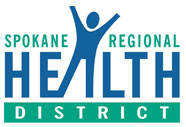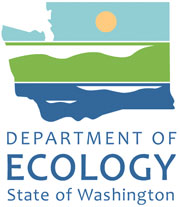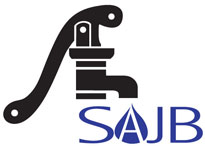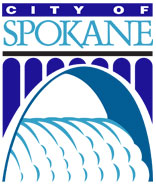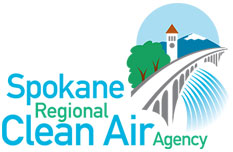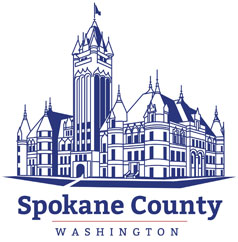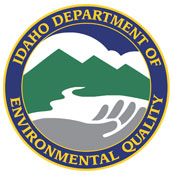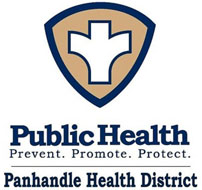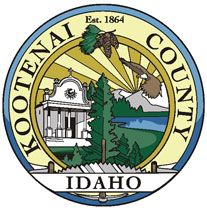Waste » Residential » Prescription » Pharmaceuticals (Non-Controlled substance)
DO NOT flush any type of over-the-counter or prescription medications or pharmaceuticals down toilets or drains. Most conventional waste water facilities cannot effectively eliminate pharmaceutical compounds.Water quality in aquifers, rivers and lakes can be affected, especially if your house has a septic system. Make the medicine un-useable (see Self-Treatment section), remove identifying information and put it in the garbage.
Currently only one agency in Spokane County will take back controlled substances. Check online mail in services:

Individual mail-in "TakeAway Medication Recovery System" envelopes like this one from Sharps Compliance allow commingled collection and disposal of patient-dispensed controlled substances (Schedules II-V*) and non-controlled medications. Check for availability at local retail drug stores, and for purchase in larger quantities from various online companies.
NEVER FLUSH OR POUR MEDICATIONS IN THE TOILET OR DOWN DRAINS. Medicines can contaminate water supplies, lakes, rivers and streams.
Recommended disposal:
- Make medicine unusable (add to wet coffee grounds, mix with used cat litter, or add to dirt or cayenne pepper)
- Remove identifying information from containers
- Dispose of in regular garbage
Take Back Your Meds is a website dedicated to helping people dispose of their unwanted medications. Our goal is to decrease the number of accidental poisonings occurring in the household due to unwanted medications. This can be due to medication mistakes due to excess unused medications, teenage abuse of opiates, and childhood poisoning due to accessible medications.
The Idaho Office of Drug Policy maintains a Prescription Drug Take-back Program website to locate drug take-back locations in Idaho.
To learn more about regulations that have been put into place you can start here:
Federal Resource Conservation and Recovery Act (RCRA): Federally regulated hazardous waste includes lists of certain discarded chemical products and wastes with hazardous characteristics such as ignitability, corrosivity, reactivity, or toxicity.
State Dangerous Waste Regulations (WAC 173-303): As a delegated authority to enforce RCRA, the Washington State Department of Ecology has additional criteria for toxicity and persistence that make many pharmaceuticals a dangerous waste.


